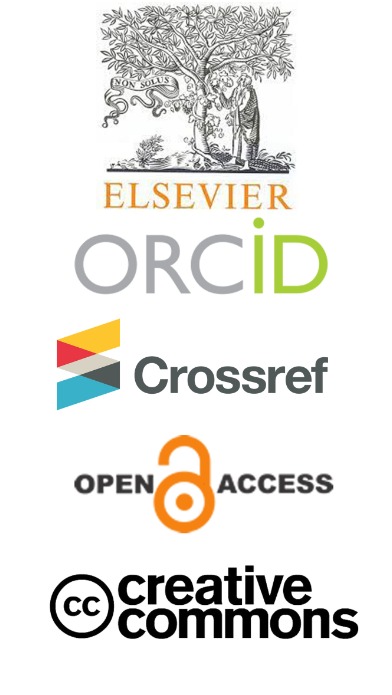Implementation of E- Learning Holistic Education in First Middle Bosowa School Makassar Province of South Sulawesi Indonesia
Abstract
The implementation of e- Learning holistic education has been widely carried out, but few have studied it related to aspects of the development of the use of communication and information technology in the world of education. Due to an abrupt outbreak of the global COVID - 19 pandemic, the educational paradigm has to be shifted to a new era of online education at all levels while maintaining the Sustainable Development Goals (SDGs). The study aims to analyze the implementation of online education focusing on (1) institutional preparedness of digital infrastructure and (2) students' learning activities during the pandemic. An online survey (Google Survey) was conducted to collect the data, which were then qualitatively analyzed supported by data quantification in percentage. The findings indicate that the target schools managed to carry out online education in response to the government's social restriction. Online education has been implemented in three different contexts, depending on the types and strata of schools-fully, partially, and none of the two. This has opened up prospects and challenges to create different standpoints. The students learn through a variety of virtual learning activities, such as watching videos (YouTube or Teacher's presentation), completing quizzes, doing assignments, discussion via Google Meet, and the like depending on the class design. This study aims to examine the implementation of Holistic Education in SMP Bosowa School Makassar. The type of research is qualitative, namely by looking for research data through field research (field research), so that data collection is carried out by in-depth interviews with school principals, teachers and students, as well as participant observation of the ongoing holistic education process, then for completeness of data carried out by tracing documents related to the Implementation of Holistic Education at SMP Bosowa School Makassar. The research findings consist of three points, namely SMP Bosowa School Makassar has implemented holistic education starting from the operation of SMP Bosowa School Makassar. The form of implementation of e-learning Holistic Education at SMP Bosowa School Makassar is to cover all domains, both affective, cognitive and psychomotor, end-of-semester reports and also covers all domains by focusing on the process by adjusting to child development. The implementation of e-learning Holistic Education at SMP Bosowa School Makassar is constrained by several things, such as the existence of community groups who do not understand and agree about Holistic education and the learning culture of students from early school which is not in line with the learning culture in SMP Bosowa School. However, despite facing various challenges, the implementation of e- learning holistic education at SMP Bosowa School went smoothly because it was supported by stakeholders and the applicable curriculum. The implication of learning with a holistic approach (whole language ) is that students are expected to be able to explore and develop their potential without any pressure in learning. A comfortable atmosphere by themselves approaching students, the material taught will be well understood because the material provided is in accordance with the needs of each student and in accordance with the stages of development. Moreover, the material that is taught is deliberately presented with a single unit so that there is no overlapping material.



